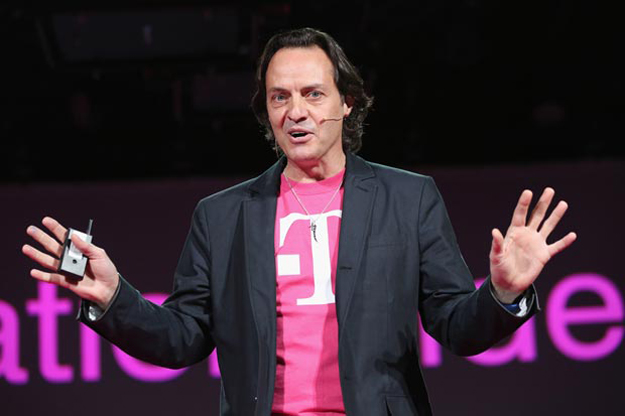In case you missed it, T-Mobile on Thursday announced a new program called Music Freedom that will let T-Mobile customers stream as much music as they like from select streaming services without any of it counting against their monthly data caps. This is obviously a great deal for T-Mobile customers but it does raise some troubling questions when it comes to net neutrality.
On the surface, T-Mobile’s new plan sounds a lot like the “sponsored data” program that AT&T announced earlier this year in which companies can fork over money to AT&T to make sure that their services’ data doesn’t apply to customers’ caps.
There are a couple of key differences, however. First, T-Mobile says that it isn’t charging any of the music streaming apps for the privilege of not having their data count against users’ caps. Second, unlike AT&T, T-Mobile doesn’t charge overage fees for people who exceed their caps — rather, it either knocks their speeds down to 2G or it cuts off their data connection for the month all together, depending on the plan. In other words, this isn’t a scenario where up-and-coming music services will have to pay off T-Mobile to make sure their customers don’t get gouged with fees.
However, The Verge’s Chris Ziegler points out that this still sets a troubling precedent where T-Mobile is still putting its thumb on the scale in favor of certain streaming services that have signed up for its Music Freedom program.
“Other carriers are undoubtedly taking note,” he writes. “While T-Mobile isn’t charging any content providers for the cap exemptions, AT&T is getting into that game with its Sponsored Data program. It’s exactly what it sounds like: someone pays for you to get around your normal data usage. What are the odds you’d use Spotify if Google paid AT&T to exempt Play Music, for instance?”






